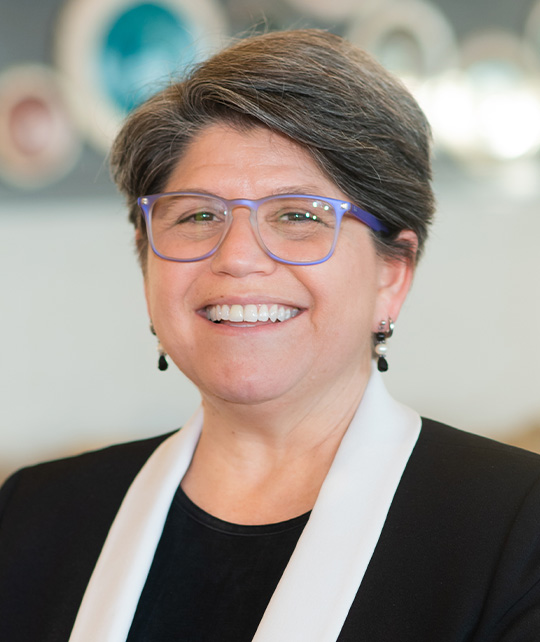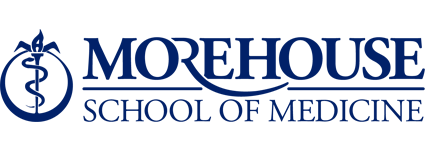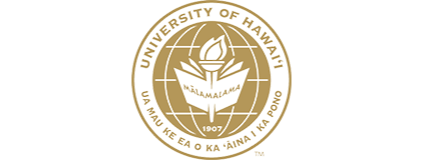"...I'm grateful to the AAHRPP team for all of their efforts to host these great (events) and support the research community..."
A Powerful Voice for Disadvantaged Populations
The University of Utah’s Panel C is a unique IRB: Of its 10 members, only two are scientists. That gives the majority vote—and a powerful voice—to those who represent the community and disadvantaged populations.
The Morehouse Model
Morehouse School of Medicine (MSM) is widely regarded as a national model on how to advance prevention, health equity, and justice. MSM maintains a core belief that effective engagement requires an equal partnership and embraces community leadership.
Engaging as a Native Hawaiian Place of Learning
At the University of Hawaiʻi, research ethics, quality, and compliance are rooted in AAHRPP Standards, government regulations, and “kuleana,” the Hawaiian value and practice of deep responsibility.

From the President & CEO
President and CEO Elyse I. Summers, JD, shares input from her recent listening tour—her second since taking the helm at AAHRPP 11 years ago. Both AAHRPP and accreditation get high marks.
Community Engagement Issue
Community Engagement Issue
This issue of AAHRPP Advance shines a spotlight on three accredited organizations and their successful approaches to the community engagement elements required by AAHRPP Standard I-4.
When AAHRPP receives questions about how best to meet a specific accreditation standard, we often tap a remarkable resource: our already accredited organizations. That was the case this spring at our AAHRPP Annual Conference, where HRPP professionals from Morehouse School of Medicine (MSM), the University of Hawaiʻi, and the University of Utah shared successful approaches to the community engagement Elements required by Standard I.4.
Since not all conference participants attended the Collaborative AAHRPP Network (CAN) workshop and breakout sessions on the topic, this “community engagement” issue of AAHRPP Advance showcases some of that information, along with other best practices.
Collectively, the three organizations demonstrate different yet effective ways to apply and adhere to the accreditation standards and to the Belmont Report principles—respect for persons, beneficence, and justice—on which all AAHRPP standards are based.
MSM is notable for a commitment to community engagement that dates back to the Historically Black College and University’s founding more than four decades ago, long before MSM began pursuing AAHRPP accreditation. The University of Hawaiʻi is seeking to strengthen community engagement as a “Native Hawaiian Place of Learning,” distinguished by its responsiveness to Native Hawaiians and Native Hawaiian communities, and its reflection of indigenous Hawaiʻi. And the University of Utah is pioneering “Panel C,” an IRB where community and unaffiliated members outnumber those who are scientists. This configuration shifts the traditional voting dynamic, empowering community members as the majority.
The common thread in all three cases is an emphasis on relationships that are nurtured over the long term.
“Effective community engagement requires a lot more than recruiting individuals for a single clinical trial,” says Robert Hood, PhD, Director of Accreditation and Global Outreach at AAHRPP. “It takes time to develop and sustain community relationships.”
In return, however, researchers build trust, create greater understanding of the research process, and have more success recruiting diverse populations—all of which have the potential to enhance both the rigor of the research and the quality of the results.
To learn more about the community engagement efforts of our profiled organizations, go to The Morehouse Model, Engaging as a Native Hawaiian Place of Learning, and A Powerful Voice for Disadvantaged Populations.
Latest Accreditations
Miami Cancer Institute, Baptist Health South Florida
Miami, Florida
Sitero IRB
Coral Gables, Florida
UPCOMING WEBINARS
Two AAHRPP Webinars Left in 2024...
Register Today!
"HRPP Innovations" Webinar
Resources for Engaging Community Research Partners: The CIRTification Training Program - Tuesday, November 12, 2024, 1:00pm - 2:30pm ET
A commonality of accredited organizations is a commitment to enhancing the understanding of research and protection of participants for the community at large. Many accredited organizations go the further step and actively engage the community members as research partners.
When community members become research partners, organizations take on the responsibility to provide training for these partners in the protection of research participants, and to enhance their contributions to the research. The traditional training programs that institutions provide their faculty, staff, and students are not usually compatible with the unique context of community-engaged research.
This webinar will:
- Describe what community-engaged research is and the special considerations IRBs should take into account when reviewing it
- Showcase the CIRTification training program as an example of a program that supports community research partners
- Explore how tools, such as the CIRTification training program, can enhance research collaborations and build public trust
Presenters will be Emily Anderson, Loyola University Chicago; Chuck Hoehne, University of Illinois Chicago; and Jeni Hebert-Beirne, University of Illinois Chicago. The session will be moderated by Tonya Ferraro, AAHRPP's Accreditation Policy Analyst.
Free “Ask AAHRPP” Webinar
Get your accreditation questions answered during our free "Ask AAHRPP" webinar series. Each session features AAHRPP staff members and other experts who discuss a different aspect of the accreditation process. As you can see from the schedule below, next up is “Response to Council Review and Maintaining Accreditation” on December 10, 2024, at 3:00 pm ET. Reserve your space here by Monday, December 9.
- December 10, 2024: Response to Council Review and Maintaining Accreditation
If you miss a session, you can download the slide presentation.





